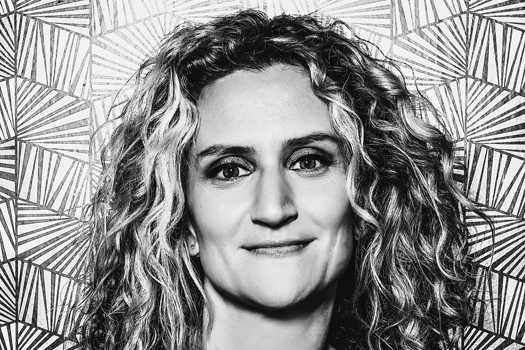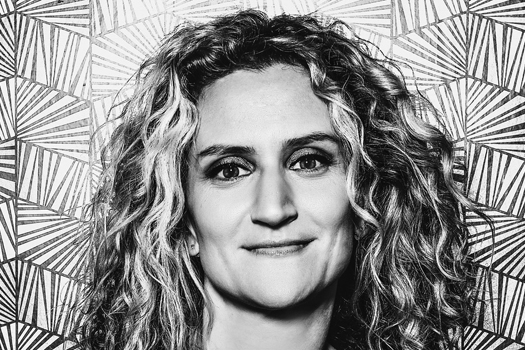
Fake news is rife and it’s not just disturbing world leaders. It is becoming an increasing problem in health, with ever growing concerns about the potential damage it could be having.
We have all seen it in practice. In fact, I really think GPs have it hard when it comes to fake health news. How often have you sat in clinic and be told about an anti-vaccination ‘theory’ from a Facebook meme or someone claiming to have researched their symptoms when clearly they have just been googling and found a dubious health site.
Doctors are not accustomed to fake news – we pride ourselves on relying on buckets of evidence and data to back up our theories and treatments, cemented in guidelines and forever evolving as new science comes to light. We are the ultimate fake news busters. But the fake news peddlers have no such integrity, which can make consultation room conversations very tricky.
The enormous quantity of health information out there is hard for the audience to sift through and filter, particularly when we all now look for quick nuggets of wisdom rather than the long read. A meme can provide all the health info someone may want, quickly and efficiently as they scroll through their social media feed. Damage done.
MMR is the ultimate fake news story, seemingly given a new lease of life in the current climate
Bona fide advice from medical sources can easily be diluted by the plethora of misinformation out there and quite understandably the audience does not always know who to trust. It is almost impossible for decent advice to be heard above the noise.
The problem is further exacerbated by the now well-documented distrust of experts in our post-truth era: the desire to disbelieve all professional experts from politicians to GPs has allowed some of our patients to surrender to plausible-sounding pseudo-specialists, the cancer quacks promising fake cures and the unqualified extreme diet gurus.
GPs need to take this really seriously. Doctors are no longer the universally respected experts we once were, but we are put up against all experts, including the suspect ones. Medical colleagues within the media have noticed this for a while – we often find ourselves on a TV sofa trying to counter an argument from a fellow ‘expert’ who has no qualifications, no evidence and often nothing more than negligible lived experience. And don’t be fooled into dismissing this because it’s just unimportant mass media and trivial daytime TV, as distinct from the cerebral world of medical literature – mass media is exactly where our patients find their good and bad health information now. They don’t rely simply on the waiting room poster or the leaflets we hand out. And we are going to have to work with that.
We are already seeing the harmful consequences of the fake health news era. MMR uptake has fallen for the fourth year in a row. Coverage rates were 91% in England in 2017-18 down from 92% the year before, and are now at the lowest level since 2011-12. Unfortunately Andrew Wakefield’s flawed paper, originally published in The Lancet and exponentially popularised by tabloid coverage, is still thriving on social media sites and is having a massive influence on our patients’ health beliefs. Only last month, Dr Hilary Jones found himself on his morning TV sofa trying to extol sensible vaccine information to a woman who was screaming about vaccines and measles not being a fatal illness. MMR is the ultimate fake news story that has run and run, seemingly given a new lease of life in the current climate of distrust and confusion.
GPs have always respected patient health beliefs and we must continue to, but learn to explore it even further– consultation models like Pendleton encourage us to listen to patient ideas, concerns and expectations and understand their health literacy. I think now is the time also to explore their sources, and perhaps be humbly prepared to share the virtues of our own.
Dr Ellie Cannon is a portfolio NHS GP in London and broadcast media doctor

















